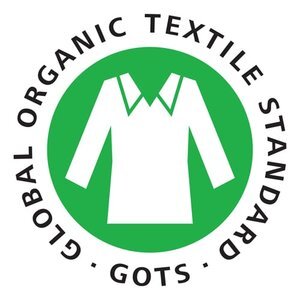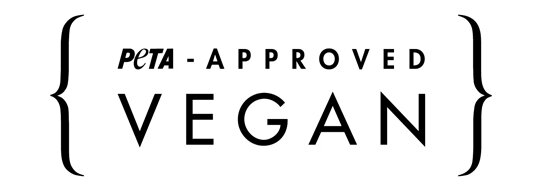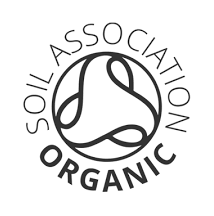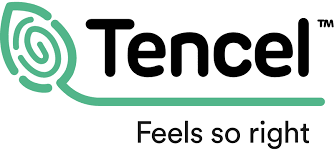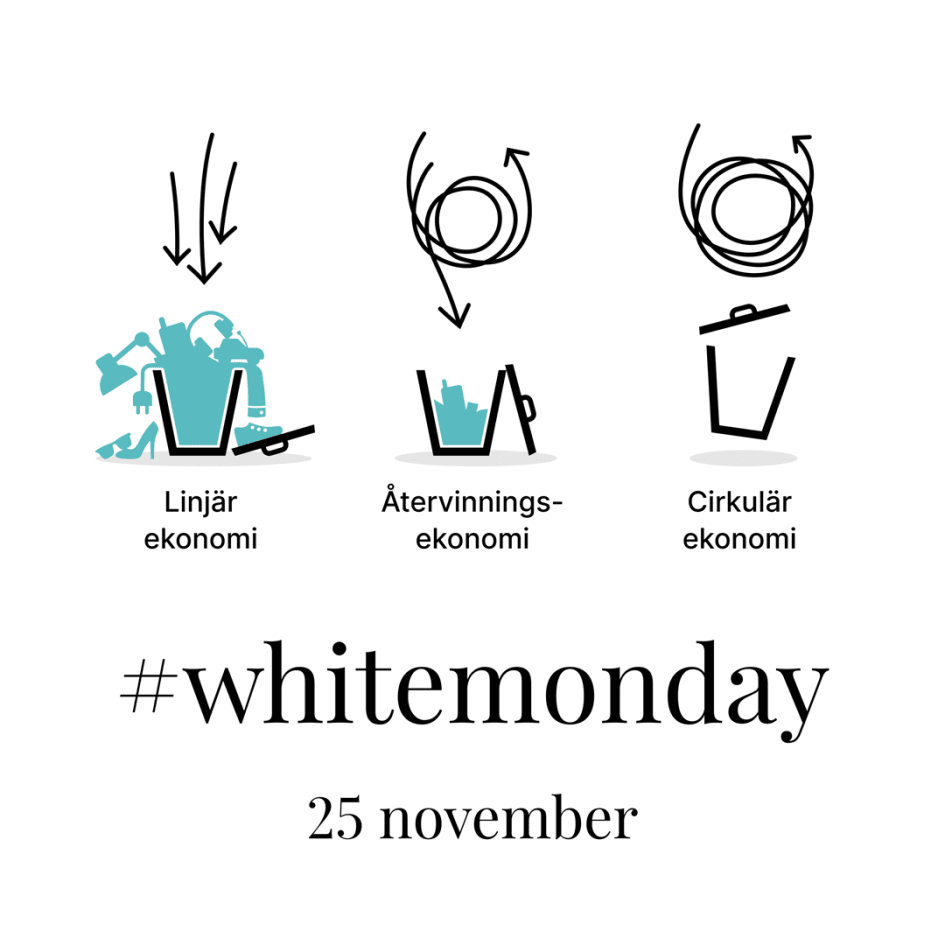Biodegradable - a subject being capable of being decomposed by bacteria or other living organism and thereby pollution is avoided. The first clothes being biodegradable has just been launched. Almost all clothes produced are not biodegradable and when put in landfills, it takes hundreds of years to decompose.
Bluesign - A certification for brands using their system were products were manufactured with responsible use of resources and the lowest possible impact on people and the environment. For example low use of chemicals.
Deadstock - products a company has brought or made but is unable to sell. In fashion it is mostly fabric that might be green instead of yellow or more was ordered than used.
Demeter - a certification for biodynamic agriculture. Established in 1928 and the first standard for organic farming.
Circular fashion - clothes, shoes and accessories that are designed, sources, produced and provided with the ambition to circulate in the society as long as possible until they safely can return into the biosphere.
Ecolabel - a certification established 1992 and used in Europe. It follows standard ISO 14024. The standards are environmental criteria’s that needs to be followed throughout the whole lifecycle of the product. The criteria’s are low use of water, low carbon footprint and encouragement of recycle and reparation, among others.
Evovero - a viscous made out of certified wood (such as FSC) and has a ecological production process, certified with EU Ecolabel.
Fairtrade - a certification to guarantee fair trade for farmer’s across middle- and low income countries. Fairtrade certification promises farmers a minimum wage, minimum price and a premium system that can be invested in the local community. Fairtrade also promotes equality, empowerment of unions and harm-free environment for workers. Fairtrade certifies cotton and comply with ILO core convention.
Fair Wear - a foundation focusing on supporting workers in garment production. They work with 130 member brands to find fairer way to make clothes.
GOTS - The Global Organic Textile Standard is used globally and has been on the market for more then 12 years. It sets standards for organic fibres including social and ecological criteria. The products wearing GOTS including the world organic bus consists of 95% organic fibre while the other one saying made of organic must include at least 70%. The label is among the best in the fashion industry and you can easily read more about them on their website.
Greenwashing - is a practice of making something look more environmentally friendly that it is. It can mislead consumers to think that they’re contributing to something good while they’re actually supporting a non-sustainable product or service.
ILO - it’s an UN agency celebrating their 100 year anniversary this year, 2019. ILO brings together government, workers and employers with the vision to promote right at work, encourage decent employment opportunities, enhance social protection and strengthen dialogue on work-related issues.
Lyocell -is a form of rayon that consist of cellulose fibre (wood) by using dry jet-wet spinning. Today, most wood fibres goes under the name Tencel, however be aware if its patented or not, otherwise it should just be called lyocell.
KRAV - it’s the leading certification mark for organic food in Sweden. KRAV has high standards of environmental friendly farming and welfare of animals. The products are controlled by a third part at least once per year. It does not certify clothes or textile fibres.
Oeko-tex 100/ 1 000 - the International Association for Research and Testing in the field of Textile and Leather Ecology is a union of 18 independent textile research institutes They have several certifications for textile products following their standards with high focus on the reduction of harmful substances.
PETA-approved - a logo that can be used by brands only selling vegan products and it comes with an annual fee (like most certification marks).
Planetary Boundaries - a well-known concept in the academia of sustainability science. The nine boundaries are a conceptualisation of earth’s limit in the capacity to buffer pressure and degradation. Beyond the boundary earth goes into another state which is not beneficial for homo sapiens. The nine boundaries are; Stratospheric ozone depletion, Loss of biosphere integrity (biodiversity loss and extinctions), Chemical pollution and the release of novel entities, Climate Change, Ocean acidification, Freshwater consumption and the global hydrological cycle, Land system change, Nitrogen and phosphorus flows to the biosphere and oceans and Atmospheric aerosol loading.
Post consumer/post production waste - materials discarded by end users or during production. When post consumer waste is used for making new clothes, it’s called remake/upcycling. When post production waste is used, it’s just a more sustainable process for a brand to demand spills compared to new materials.
Recycle - to collect or sort waste in order to produce useful material. An example would be to collect plastic bottle to turn it into polyester fibre. Less then 1% of clothing today are recycled into new clothes.
Recycled polyester - it’s a polyester used from recycled sources such as PET bottles, industrial polyester waste and sometimes garment waste. A common mistake is to believe that clothes made out of recycled polyester are old polyester clothes becoming new clothes, that is mostly not the case.
Regenerative organic certified - this is a new certification for food, fibres and personal care ingredients. It includes standards for soil health, animal welfare and farmworkers fairness.
Remake - to use material that could have resulted in waste into something useful. An example would be to use material from a pair jeans to sew a new handbag.
Retro - refers to clothes, items, music and other things made in the past. The word comes from latin and mean backwards. Retro can be used on new clothes inspired by a specific era of culture in the past. Retro interior, art or other fields can have a different meaning.
Reuse - to use material again. An example could be a textile bag given during special event, you take it home and start to use it on a regular basis.
Second hand - already used or consumed and now available on the second market which is not first hand. Second hand clothes can be sold, purchased, borrowed, given or exchanged in different ways. To take care of textiles already produced is the most sustainable action you can do. There is no certification or standards controlling the market.
Soil Association - a UK based charity organisation established more then 50 years ago that established the world first organic standard in 1960. Their certification includes standards for environmental health, animal welfare and protection of human health. Soil association is a member and certifier of GOTS.
Sustainable Development - is a development that meet the needs of present without compromising the ability of future generations to meet their own needs. The definition comes from the report Our Common Future (1983) mostly referred to the Brundtland report based on the then sitting chairperson, Gro Harlem Brundtland, of the World Commission on Environment and Development.
Tencel - a fibre made from wood pulp of trees produced using recycle solvents. Tencel is branded, and the “TM” mark should be next to the name.
Textile Exchange - a global organisation helping member businesses in their sustainability efforts. Patagonia, Lindex and Nike are among the members.
TrinoTM - a new material produced by the company Allbirds. Made out of eucalyptus trees and wool. Created in partnership with ZQ Merino (ethical wool) and Forest Stewardship Council.
Upcycling - another name for remake.
Vintage - mostly refers to clothes made 20 years or more ago. If the clothes are more then 100 years it’s considered antique.
White Monday - a campaign which emphasises circular and rethinking about consumption behaviour. Taking place the Monday before Black Friday.
WRAP - stands for Worldwide Responsible Accredited Production. A non-profit organisation that promotes lawful, ethical and safe manufacturing. The world largest for factory-based certification programme for manufactures of sewn products.







